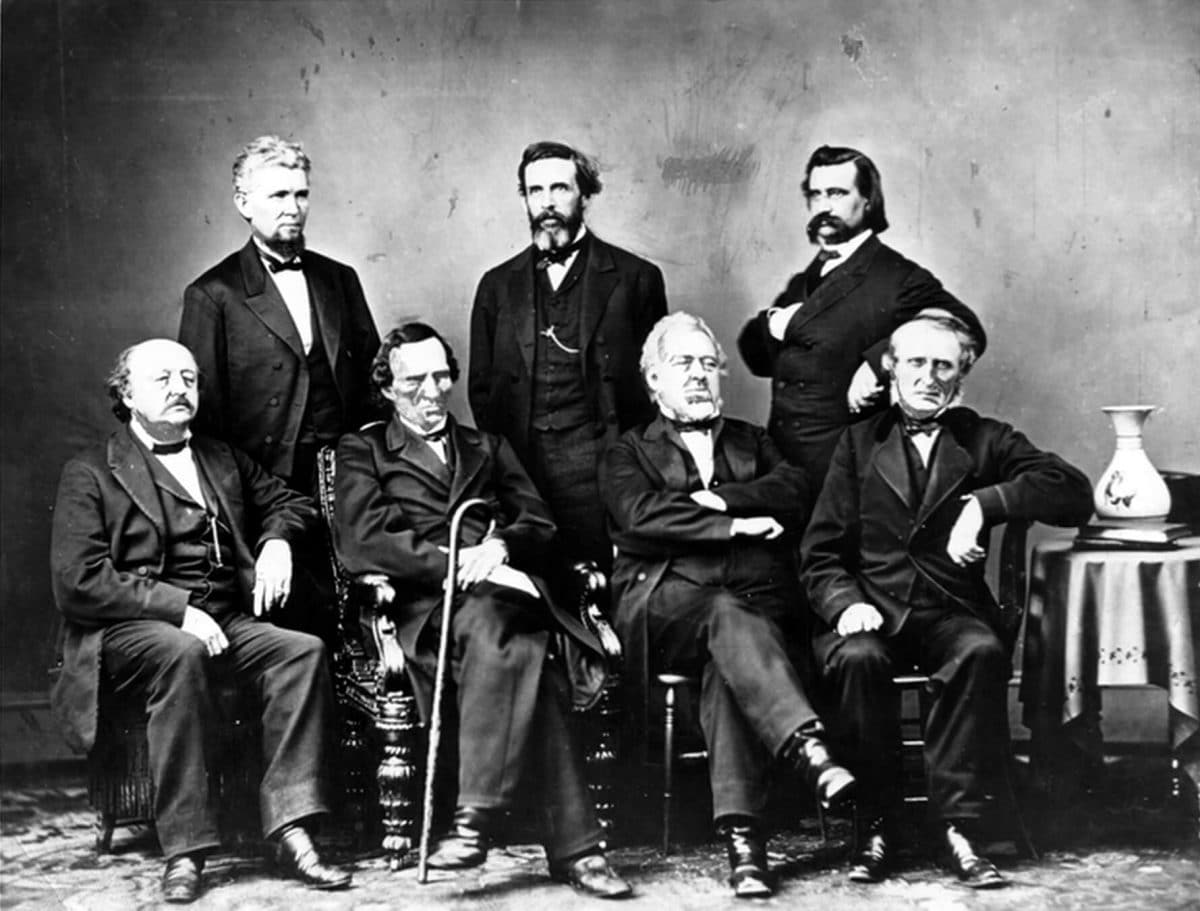
I recently read that New Jersey’s pension fund paid over $700 million in investment management fees in 2015, almost all to active managers. New Jersey’s pension is horribly underfunded, and over 800,000 middle class people depend on the system for a secure retirement. Somehow, the state has the money to pay active managers three quarters of a billion dollars to underperform the S&P 500 index fund. Essentially, active management is the anti Robin Hood. These folks take from the poor to make themselves richer.
Why I Define High Active Management Fees as Taking
It would be one thing if all the people in fancy suits running money for New Jersey had stunning performance. They haven’t. The state would’ve been better off using Vanguard funds and paying 10% of the fees they’re currently paying.
How then could the state justify continued use of high fee managers? For one thing, Gov. Christie appointed an active manager to run the state’s pension board. Additionally, David Swensen of Yale University published a book on his extreme success using alternative investments such as hedge funds. After that point, many institutional investors started using these exotic high fee funds too on the hopes that they would outperform.
New Jersey is in such bad shape, they probably figured they might as well take a chance on outperforming the market. Who are the guaranteed winners in this scenario? Active managers making their fee regardless.
This Problem is Widespread
Active managers who make outrageous fees on the backs of the middle class are not limited to pension investing. Perhaps you’ve heard of Edward Jones or Ameriprise. Both companies essentially push high fee active funds to their primarily lower middle class customers. These funds often carry 5.75% upfront commissions followed by annual management fees above 1%.
Granted, the financial advisors selling these funds are supposed to provide financial planning too with these products. Working class people aren’t that profitable either, so the companies want to make money. Even so, all of these folks would be better served by calling Vanguard and asking to sign up for their Personal Advisor service.
Active Management is the Anti Robin Hood Because They Make Money No Matter What
If active managers charged a higher fee for outperformance and a lower fee for underperformance, I might respect them more. The current state of things allows them to charge high fees no matter what happens. Imagine if your doctor got to charge you the same fee for a successful surgery as she did for cutting off the wrong leg. No one would accept this pay structure.
Active managers get away with ripping off working class people because we all buy into this myth of outperformance. It’s just not possible to consistently beat the market with a portfolio of six or more active funds. The only thing you’ll guarantee is the portfolio manager running the fund will be able to buy his family a bigger house.
The next time someone in your family wants to invest in an active fund with a fee greater than 1% a year, just say no. Take the money and invest in low fee index funds that charge as little as 0.05% a year. Active management is the anti Robin Hood, and the only way to stop that trend is for people to continue voting with their feet.

You said it man! People can get away with these type of fees because they’re basically hidden. You can barely figure out that you’re losing money to fees. I was a little surprised in my own state 459 plan. The good fund choices are all Vanguard funds, but then, for whatever reason, the only choices for small cap funds are T.Rowe price with an expense ratio of around 60 or so basis points. It’s not terrible, but why isn’t there a lower cost one, especially when large cap, mid cap, and international choices are Vanguard. I asked someone at the state and they didn’t have a clue. I have no idea either.
Probably someone at T Rowe convinced them active outperformed in small cap or they had an influential family member working for the state
Awesome headline! I loved the title of your article because it states the problem so well. I also agree with you that this problem is made worse by fee-based active managers who make money on the management fee regardless of the performance in the market. Personally, I think this is pretty crazy. And I hope that the migration to passive index-based products will take a bite out of their compensation as well as give pensioners a better shot at the retirement they were promised. Thanks again for the entertaining and educational read.
It seems like people are voting w their feet. Huge outflows from active into passive this year